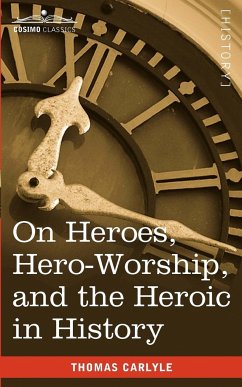
On Heroes, Hero-Worship, and the Heroic in History
Versandkostenfrei!
Versandfertig in 1-2 Wochen
25,99 €
inkl. MwSt.

PAYBACK Punkte
13 °P sammeln!
Scottish writer THOMAS CARLYLE (1795-1881) is perhaps best remembered today for dubbing economics "the dismal science," but in his day he was widely known-and often controversial-for his criticism of the "progress" of the Industrial Revolution, for his satires in the vein of Jonathan Swift, and for his championing of German Romantic poetry to English readers. This 1841 volume collects six of Carlyle's lectures on heroes, which offered a damning critique of the rising faceless corporatism and the denigration of the individual that the Industrial Revolution was promoting. Honoring the power of g...
Scottish writer THOMAS CARLYLE (1795-1881) is perhaps best remembered today for dubbing economics "the dismal science," but in his day he was widely known-and often controversial-for his criticism of the "progress" of the Industrial Revolution, for his satires in the vein of Jonathan Swift, and for his championing of German Romantic poetry to English readers. This 1841 volume collects six of Carlyle's lectures on heroes, which offered a damning critique of the rising faceless corporatism and the denigration of the individual that the Industrial Revolution was promoting. Honoring the power of great men to change history, Carlyle discusses: ¿ The hero as divinity: Odin, Paganism, and Scandinavian mythology ¿ The hero as prophet: Mahomet and Islam ¿ The hero as poet: Dante and Shakespeare ¿ The hero as priest: Luther, Reformation by Knox, and Puritanism ¿ The hero as man of letters: Johnson, Rousseau, and Burns ¿ The hero as king: Cromwell, Napoleon, and modern revolutionism





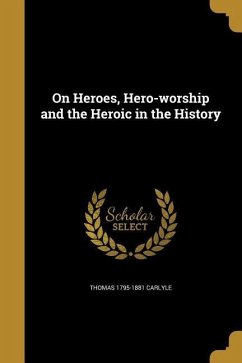
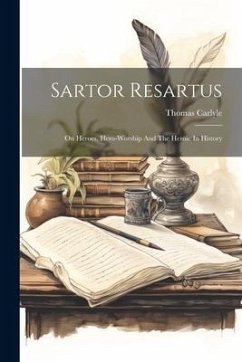
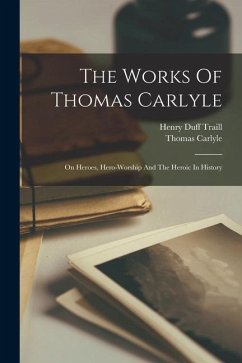
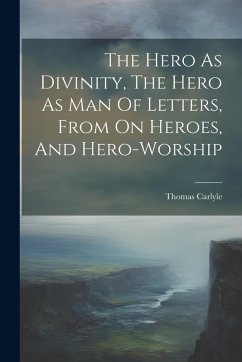
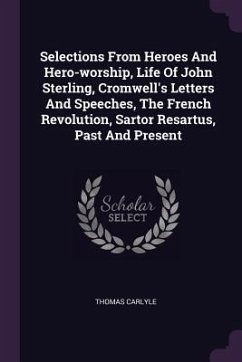
![Sartor Resartus, Heroes and Hero Worship, and Past and Present. [3 Vols. in 1] Cover Sartor Resartus, Heroes and Hero Worship, and Past and Present. [3 Vols. in 1]](https://bilder.buecher.de/produkte/51/51942/51942828n.jpg)
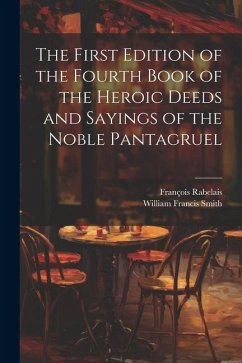
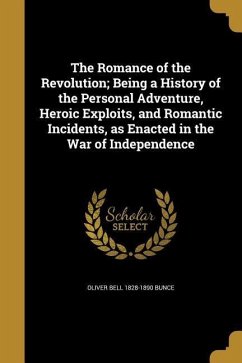
![The Foundling-Chapel Brawl, a Non-Heroic Ballad [By J. Sayers]. 2Pt Cover The Foundling-Chapel Brawl, a Non-Heroic Ballad [By J. Sayers]. 2Pt](https://bilder.buecher.de/produkte/71/71696/71696340n.jpg)
